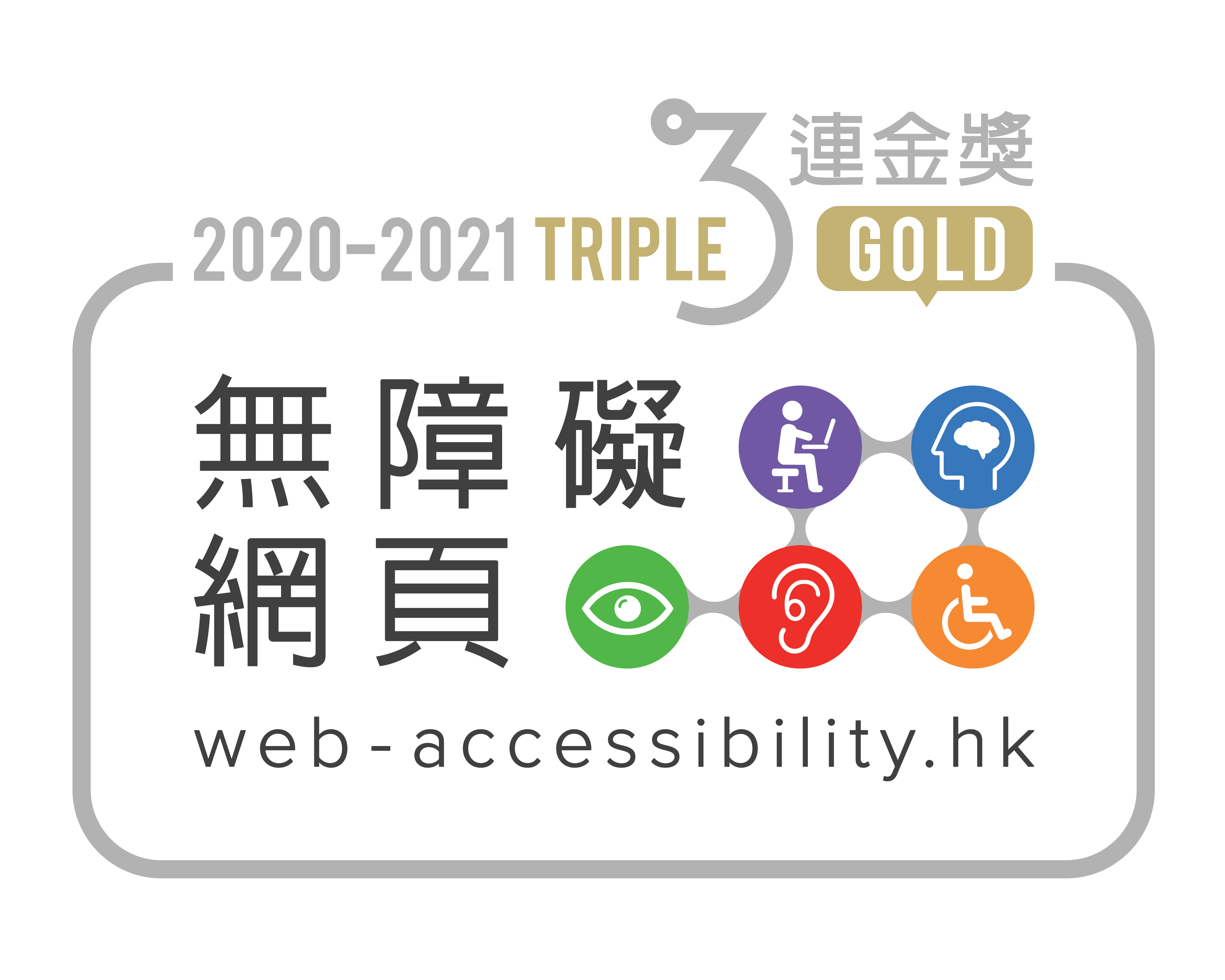CUHK
News Centre
Survey Findings on Views about COVID-19 Released by Hong Kong Institute of Asia-Pacific Studies at CUHK
A telephone survey was conducted from 15 to 26 July 2021 by the Hong Kong Institute of Asia-Pacific Studies, The Chinese University of Hong Kong, to gauge public views about COVID-19 and epidemic prevention. Of the respondents, 54.3% believed that the government should relax current countermeasures for those who are vaccinated.
Major findings are summarised as follows:
The survey found that 54.3% of the respondents believed that the government should relax current countermeasures for those who are vaccinated. Meanwhile, 37.2% did not think so. In addition, 40.1% of the respondents thought the current countermeasures by the government should remain the same, 39.6% thought the government should endorse a relaxation of the current countermeasures, and 13.7% would like them to be tightened. Compared to the same survey series conducted in May 2021, a statistical analysis (Chi-squared test) found no significant difference in percentage distribution of the two surveys.
In terms of the intention to get vaccinated, 44.5% of the respondents had already done so, 17.8% answered that they would be getting the vaccination, 15.9% said they would not get vaccinated, while 21.8% had not decided yet. The major reasons for not getting vaccinated or not having a decision yet were “physically unfit for vaccination due to medical reasons” (37.1%), “afraid of serious side effects of vaccine” (28.2%), and “COVID-19 is not serious in Hong Kong / low probability of getting infected” (14.0%). Lastly, reasons with “distrust the government” and “low vaccine efficacy” took up 10.8% and 9.4%, respectively.
In addition, 46.7% of the respondents agreed that the most efficient measure to counter epidemics was to get most citizens vaccinated, while 14.4% of them disagreed, and 34.2% answered “half-half”.
Lastly, the respondents were generally unworried about being infected with COVID-19. Over half of the respondents (53.4%) were not worried at all, and 36.1% said that they were somewhat worried. Only 6.9% and 2.8% were “quite worried” and “very worried”, respectively. Compared to the same survey series conducted in May 2021, a statistical analysis (Chi-squared test) found that there is no significant difference in percentage distribution of the two surveys.
The survey employed a dual-frame sampling design that included both landline and mobile phone numbers. A total of 706 respondents aged 18 or above (landline: 350; mobile: 356) were successfully interviewed, with response rates of 28.1% (landline) and 31.9% (mobile). The sampling error is estimated at plus or minus 3.69 percentage points at the 95% confidence level. Weighting of survey data was based on the probability of the respondents being selected via dual-frame sampling design and relevant age-sex distribution of the population published by the Census and Statistics Department.
